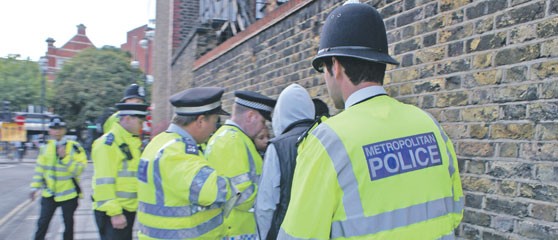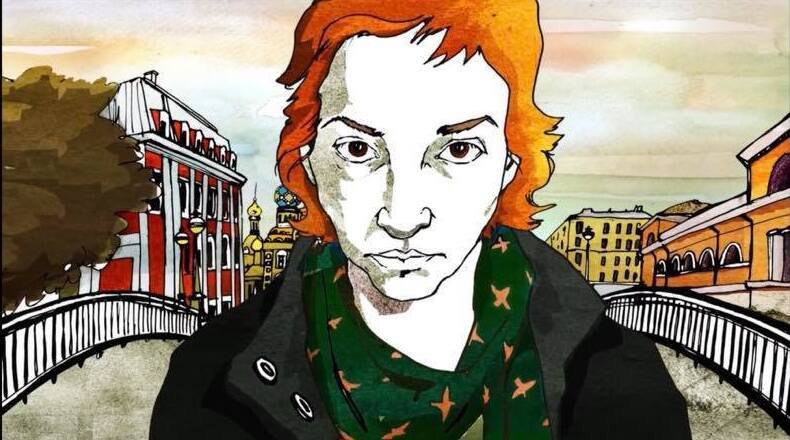On 15 January, Singapore's Parliament passed amendments to the Misuse of Drugs Act which introduce a range of new drug offences.
Once the amendments are implemented, it will be illegal to provide information to another person on how to consume, produce, or sell drugs. This will be punishable by a maximum sentence of 10 years imprisonment on the first conviction, but no minimum sentence. However, on a second conviction, the offence will be punished by a mandatory minimum sentence of two years in prison.
A similar new offence criminalises the dissemination or publication of information on the "carrying out of drug-related activities", which is punishable by up to five years imprisonment and a $10,000 fine.
These wide-ranging offences may criminalise people who provide others with harm reduction information around drug use, thereby preventing many people who use drugs from learning how to dose appropriately, avoid the transmission of infectious diseases, and reduce the risk of overdose.
Justifying these amendments, Home Affairs and Law Minister K. Shanmugam said:
"Supposing the perpetrator has no knowledge of the recipient's intention to commit a drug activity. Nevertheless, the perpetrator has still caused harm. He has spread information on the carrying out of drug activities."
"This can cover a range of behaviour, from the irresponsible – like posting information on how to manufacture drugs on social media where others can see it – to the downright malicious – such as trying to teach and influence friends into taking drugs. We have to try and stop such behaviours."
The move is reminiscent of Russia's approach to harm reduction, though more punitive; a Moscow NGO – the Andrey Rylkov Foundation – was recently fined $12,000 for distributing drug safety advice.
Other newly-created offences in Singapore include leaving drugs within reach of a child, and introducing a person to someone who sells drugs in the knowledge that a transaction is likely to take place.
This range of new offences, Shanmugam says, are aimed at tackling "contaminative behaviours" in Singaporean society that have not been previously criminalised.
A new amendment to the Misuse of Drugs Act also changes the state’s response to personal drug use, increasing the number of people entering “rehabilitation” instead of prison.
Prior to the amendment, someone convicted three times or more of “consumption of a specified drug or an offence of failure to provide a urine specimen” faced a minimum sentence of five years imprisonment, alongside being beaten at least three times with a cane. Under the reforms, such individuals will instead be sent to forced “rehabilitation” detention centres for up to four years.
Existing evidence on coerced drug treatment programmes suggests that such regimes have a detrimental impact on detainees. A 2015 systematic review of studies assessing the outcomes of compulsory treatment found that such an approach can do the opposite of its ostensible intention, that it can increase health harms and lead to human rights abuses.
These amendments mark a continuation of strict drug policies in Singapore, one of 33 countries which continue to execute people for non-violent drug offences.


